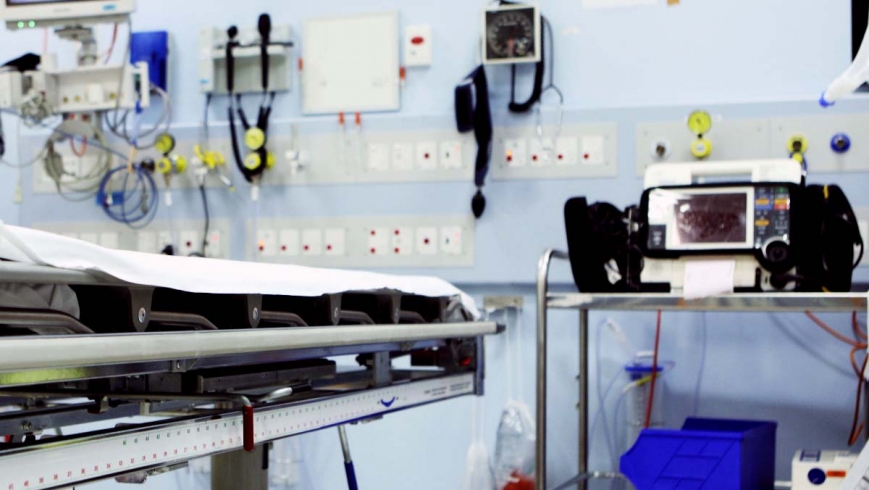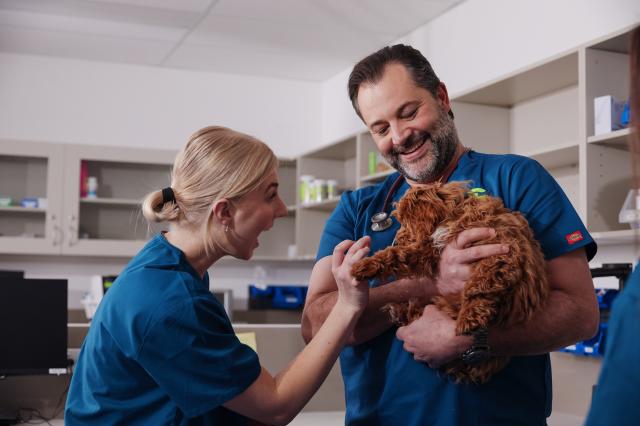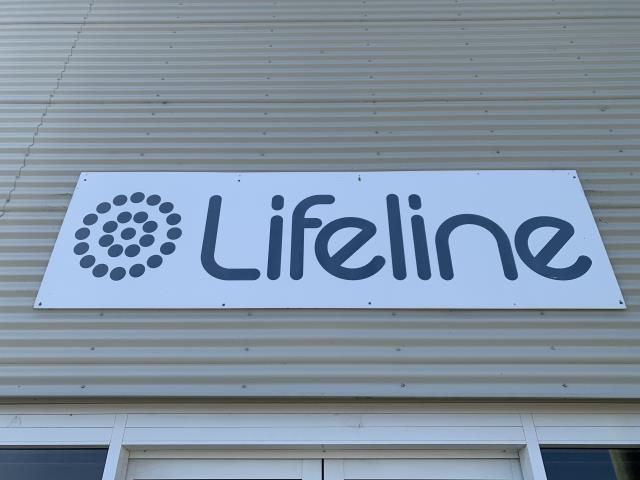Increasing demand is stretching Werribee Mercy’s emergency department to breaking point, with the hospital failing to meet state benchmarks for the treatment of all but its most critical patients.
According to the Victorian Health Services Performance Report, released last week,
just 66 per cent of the hospital’s emergency patients were treated on time between April and July this year.
During the three-month period, the hospital treated 78 per cent of its emergency category 2
patients within 10 minutes and 70 per cent of urgent category 3 patients within 30 minutes – below the state benchmarks of 80 and 75 per cent respectively.
Only 60 per cent of semi-urgent category 4 patients were treated within the one-hour benchmark.
All category 1 patients, considered to be the most critical, were treated immediately.
Overall, the average waiting time for emergency department patients was 26 minutes.
Mercy Health executive director of health services Linda Mellors said that between January and June this year, the number of patients presenting to the emergency department rose by 13 per cent, while overall hospital patient admissions jumped by 7 per cent – to just over 7000.
Between April, 2013 and June this year, there was a 27 per cent rise in category 2 patients treated at the hospital and a 19 per cent rise for lower-urgency category 3 patients.
Only 84 per cent of the hospital’s ambulance patient transfers were completed within 40 minutes – well under the state target of 90 per cent.
As previously reported by Star Weekly, Mercy is seeking $85 million funding for the next stage of its masterplan, including expansion of existing theatres and wards and the addition of acute inpatient services, including a critical care unit.
Dr Mellors said that without this unit the hospital would continue to be restricted in its ability to respond to the needs of the most urgent patients.
“Development of a critical-care unit at Werribee Mercy Hospital will address many of these identified gaps, ensuring the hospital is able to appropriately care for acutely unwell and deteriorating patients,” she said.







